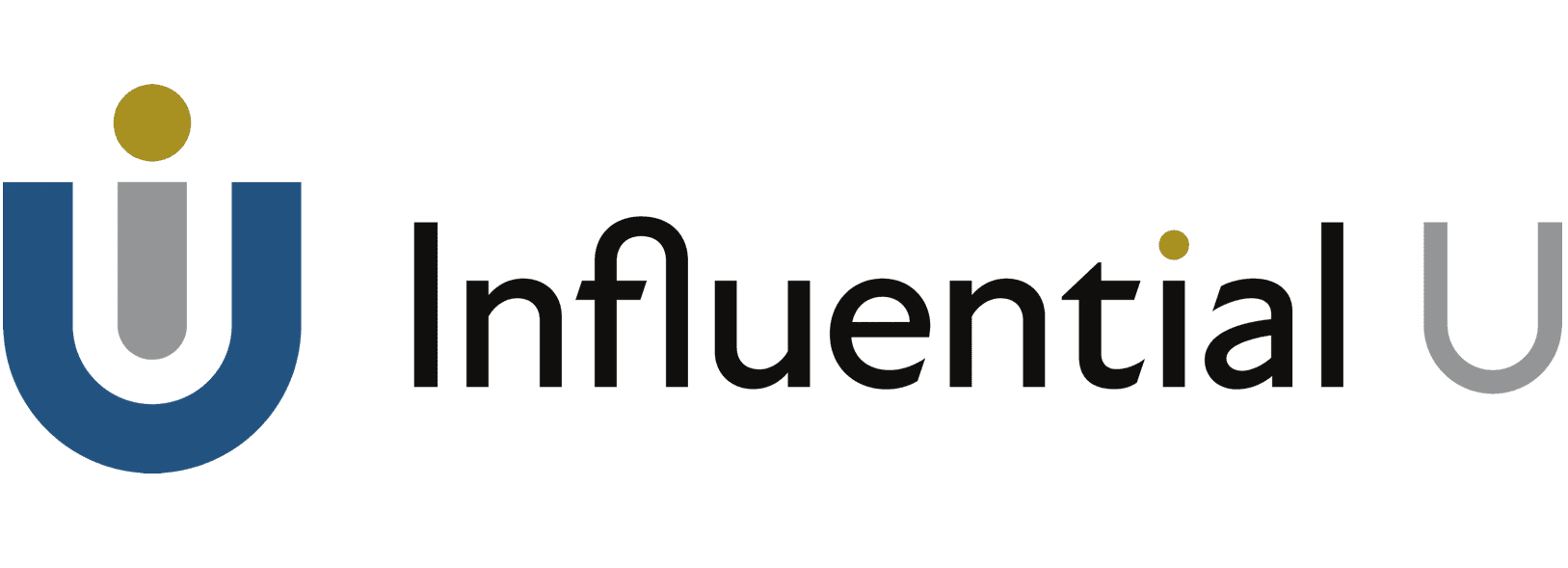In the quest for expertise, the role of mentorship is often pivotal. However, its effectiveness hinges on one's attitude towards learning, particularly openness and humility. Understanding and bridging these differences is crucial in a world where generational perspectives on mentorship vary widely.
The Changing Landscape of Mentorship
Traditionally viewed as the transfer of wisdom from older to younger generations, mentoring (coaching, consulting, advising, etc.) faces new challenges in today’s multigenerational workforce. Younger generations, empowered by technology and shifting workplace dynamics, often approach learning differently, sometimes leading to a dismissal or outright mistrust of traditional mentorship. Overcoming these generational barriers requires reevaluating what mentorship entails and how it can be effectively implemented across diverse age groups.
The Importance of Mentorship Across Generations
Despite generational differences, the core value of mentorship remains unchanged. It's about more than just passing down knowledge; it's about sharing experiences, offering perspectives, and guiding through complexities that only experience can teach. To engage younger generations, mentorship must evolve to embrace more collaborative and flexible approaches that align with the values and expectations of Millennials and Gen Z without discounting the wisdom and experience of older generations.
Overcoming Ego and Embracing Collaboration
One significant barrier to effective mentorship across generations is ego. Older generations must recognize that their traditional methods may need adaptation, while younger generations should acknowledge that despite the online wealth of information, experiential learning and expertise remain invaluable. A mutual understanding that learning is a two-way street can foster a more collaborative and fruitful mentorship experience.
Curiosity and Questioning: Keys to Learning
A culture of curiosity and open questioning benefits all generations. Younger professionals bring fresh perspectives and innovative approaches, while experienced mentors provide context and depth to these new ideas. Encouraging a questioning mindset deepens understanding and helps bridge the generational divide by fostering respect for diverse viewpoints.
Learning from Failure: A Multigenerational Approach
Accepting and learning from failure is a universal aspect of gaining expertise; openly addressing failures and viewing them as learning opportunities can be a shared experience that transcends generational differences. This approach can demystify the learning process, making it more accessible and relatable across age groups.
Embracing Change and Lifelong Learning
In a rapidly evolving professional landscape, adaptability and continuous learning are paramount. Recognizing that expertise is a moving target, especially in technology-driven fields, can help align the mentorship approach with the realities of the modern world. This understanding can encourage older generations to stay abreast of new developments while younger generations can appreciate the enduring aspects of foundational knowledge and experience.
Fostering a Multigenerational Learning Culture
Creating an environment that values learning and mentorship across generations is critical. This involves promoting a culture where seeking guidance is seen as a strength, where diverse perspectives are valued, and where mentorship is adapted to meet a multigenerational workforce's varied needs and learning styles.
Closing
Navigating the complexities of mentorship in a multigenerational context requires flexibility, openness, and humility from all parties involved. By adapting mentorship practices to be more inclusive and collaborative, we can bridge the gap between generations, combining the innovative energy of the young with the seasoned wisdom of the experienced. In this synergistic environment, pursuing expertise becomes a shared journey, enriching and advancing the knowledge and skills of the entire professional community.

AUTHOR
John Patterson
Co-founder and CEO
INFLUENTIAL U
John Patterson co-founded and manages the faculty and consultants of Influential U global. Since 1987, he has led workshops, programs, and conferences for over 100k people in diverse professions, industries, and cultures. His history includes corporate curriculum design focusing on business ecosystems, influence, leadership, and high-performance training and development.



